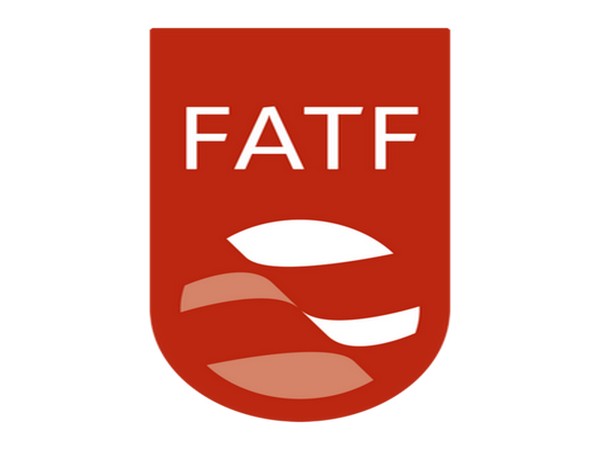By Dan Byrne for AMLi
WHILE THE Financial Action Task Force spends much of its resources developing new AML standards and guidance, it often doesn’t show stakeholders on the ground how to comply, an expert has claimed.
Financial Crime advisory expert and former banking executive Kelly McCann has said that while the international watchdog’s current activity with governments, regulators and institutions is beneficial, it’s not enough. And these stakeholders could benefit from more ‘how-to’ knowledge.
“Currently, FATF has a number of areas where they provide guidance, but it’s more about policy,” she told a virtual conference Wednesday. “There is a disconnect between policy and practice.”
She delivered her remarks online at the #WomanInFinCrime boardroom discussion organised by AMLintelligence. Alongside several other expert panellists, she gave her take on the state of play in financial crime across the world.
She stressed that she did not mean to take away from the achievements the watchdog has made, praising initiatives like its online academy and training institutes – but when it came to translating the ever-changing standards to results on the ground, there were problems.
“My suggestion would be to take it from high-level and filter it into a more practical level, providing training within banks and other organisations to explain how to do this from an implementation standpoint.”
She suggested that when the body provides a recommendation, it would also break that recommendation down so that stakeholders know the specific expectations placed on them, and how to get from A to B.
“The outcomes of implementing more training, education and knowledge would be to generate greater trust in financial institutions,” she said.
She noted that the approach may well help those nations that have found themselves on FATF’s ‘grey list,’ – a status which carries somewhat of a reputational headache and compels governments and regulators to make changes to their AML frameworks.
Her comments at #WomenInFinCrime come just days after FATF concluded its latest global plenary – held virtually again due to the pandemic.
In a press conference following the three-day summit, guidance was a central point of the outcomes.
The body has finalised, or promised to further develop, guidance in key areas of AML including how to handle virtual assets, how to tackle terrorism financing, and the best strategy in preventing proliferation financing – which FATF has now issued a public request for feedback on.
Share this on:
Follow us on:








